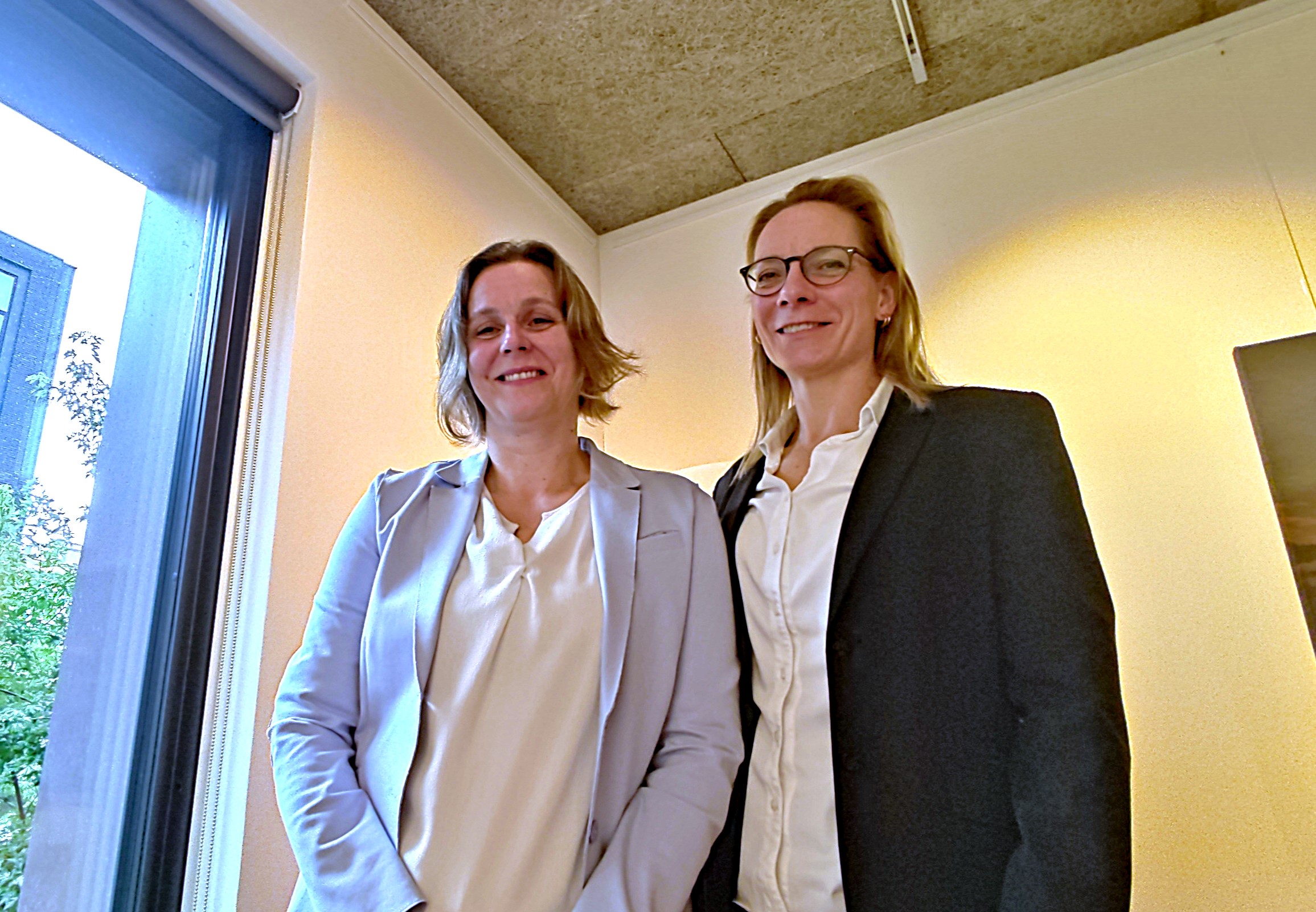Despite Denmark’s reputation as a leader in gender equality, disparities persist, particularly in the professional sphere. Women often find themselves underrepresented in senior roles and facing salary gaps compared to their male counterparts.
However, companies like Høiberg, a Danish patent firm, are challenging this status quo.
With six out of its ten partners being women, Høiberg exemplifies how businesses can lead the charge toward equal opportunities: it’s one the very few companies – if not the only one – in Denmark where the majority of partners are women.
Partner Nadine Eckert-Boulet Bravo sheds light on the company’s approach to diversity and inclusion.
“We have a very open management,” says Eckert-Boulet Bravo. “Diversity in cultures and genders is a strength. It allows us to connect differently with various people and brings in fresh ideas and standpoints.”
Founded in 1995 by medical practitioner Susanne Høiberg, the company has grown to 62 employees of ten different nationalities. While such diversity is impressive, Eckert-Boulet Bravo acknowledges that it has not come about by chance.
Høiberg actively works to cultivate an environment where equal opportunities are not just a talking point but a fundamental practice.
From its inception, the firm has emphasized equal opportunities, a vision set forth by its founder. Yet, the company’s approach has evolved, particularly with the growing awareness of unconscious biases.
“We asked ourselves: ‘Are we really giving the same rights to both genders, or are we discriminating without knowing it?’” says Høiberg’s Partner.
To address this, Høiberg has implemented measures to ensure “unbiased decision-making, especially in recruitment.” The company makes a concerted effort to have both genders represented on interview committees and is meticulous about offering equal pay for equal performance, regardless of gender.
Parental leave is another area where Høiberg sets a progressive standard. “We have equal parental leave rights, and we encourage all our employees to take advantage of that,” Eckert-Boulet Bravo notes.
The company believes that normalizing parental leave for both genders is crucial in leveling the playing field. “It’s essential for both men and women to feel they can take parental leave without it affecting their career.”
However, she points out that, despite such efforts, Denmark still has a long way to go. “If you look at several studies, the one factor that will determine if you are in the group of people who earn the most is that you have to be a man, even in Denmark,” she observes. “Here, in many companies, management positions are still predominantly held by men.”
In the STEM fields, the situation is improving, with more companies led or founded by women. Eckert-Boulet Bravo notes that Denmark’s supportive environment is ahead of other countries in some respects.
She recounts a story from the U.S. where two female founders struggled to secure investment until they enlisted a male friend to pitch on their behalf. “We don’t have that problem in Denmark; it’s better here,” she says.
Nevertheless, she acknowledges that it’s still more challenging for women than men to climb the career ladder in Denmark. “The missing piece? My personal opinion is that maternity leave often becomes a significant break in a woman’s career. Equal parental leave may help. More men are now taking their full parental leave, which is a positive step.”
This focus on diversity has also been crucial in Denmark’s broader innovation landscape, particularly in STEM.
“Denmark is a great place for innovation, especially in biotech, you can easily see it in events such as TechBBQ,” Eckert-Boulet Bravo points out.
The country’s incubation ecosystem and universities play a vital role in commercializing inventions. While the country is making headway in equal opportunities, Eckert-Boulet Bravo stresses the importance of addressing societal conditioning. “There’s a problem in society about how girls, even at a young age, are conditioned to believe they cannot do the same as men. Unconscious biases are everywhere, and you pass them on to your kids no matter what.”
Pernille Winding Gojkovic, CEO of Høiberg, adds: “From a scientific and business perspective, it’s absurd not to give women full access to management and senior positions. All the evidence we have highlights the strong performance of women in coordination and executive roles, as well as in scientific ones. If a company doesn’t acknowledge this and act accordingly, it’s operating far below its potential.”











